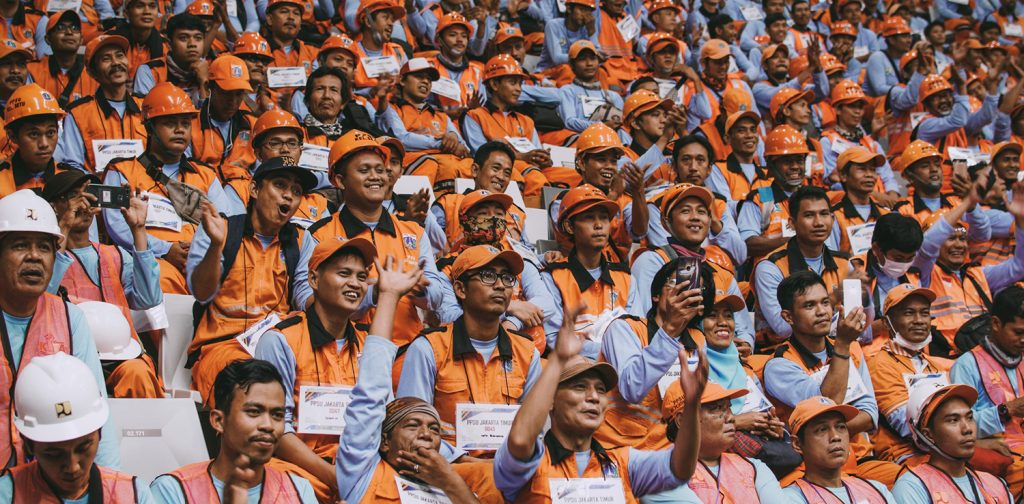The well-being of workers is a right and an investment. The world, especially businesses, must view workers or employees as partners instead of tools.
Read this content by joining Green Network Asia - International Annual Individual Membership. Gain unlimited online access to all news and stories that showcase insights on sustainable development from multi-stakeholders in governments, businesses, and civil society in the Asia Pacific and beyond.
Login Join Now
